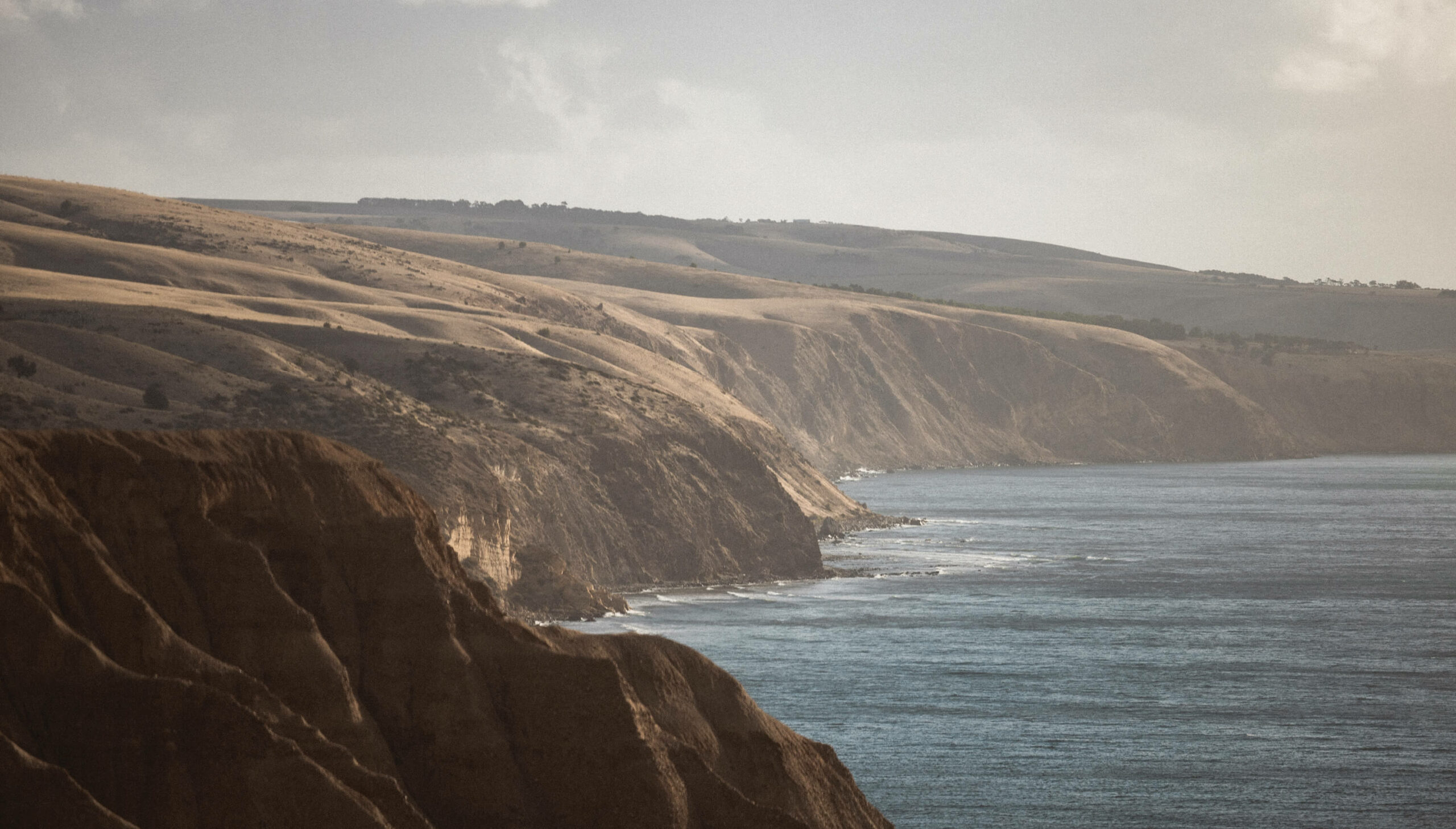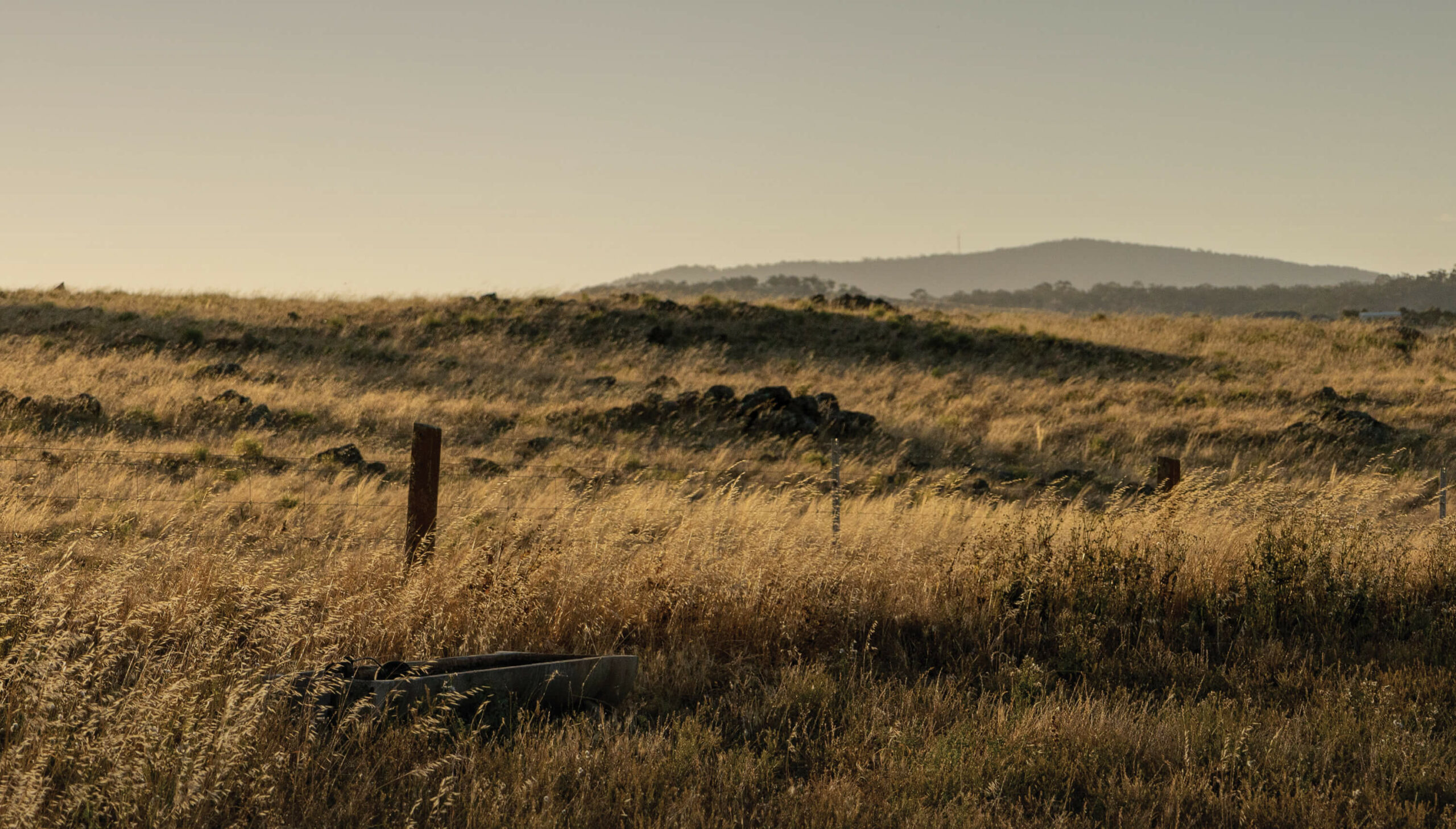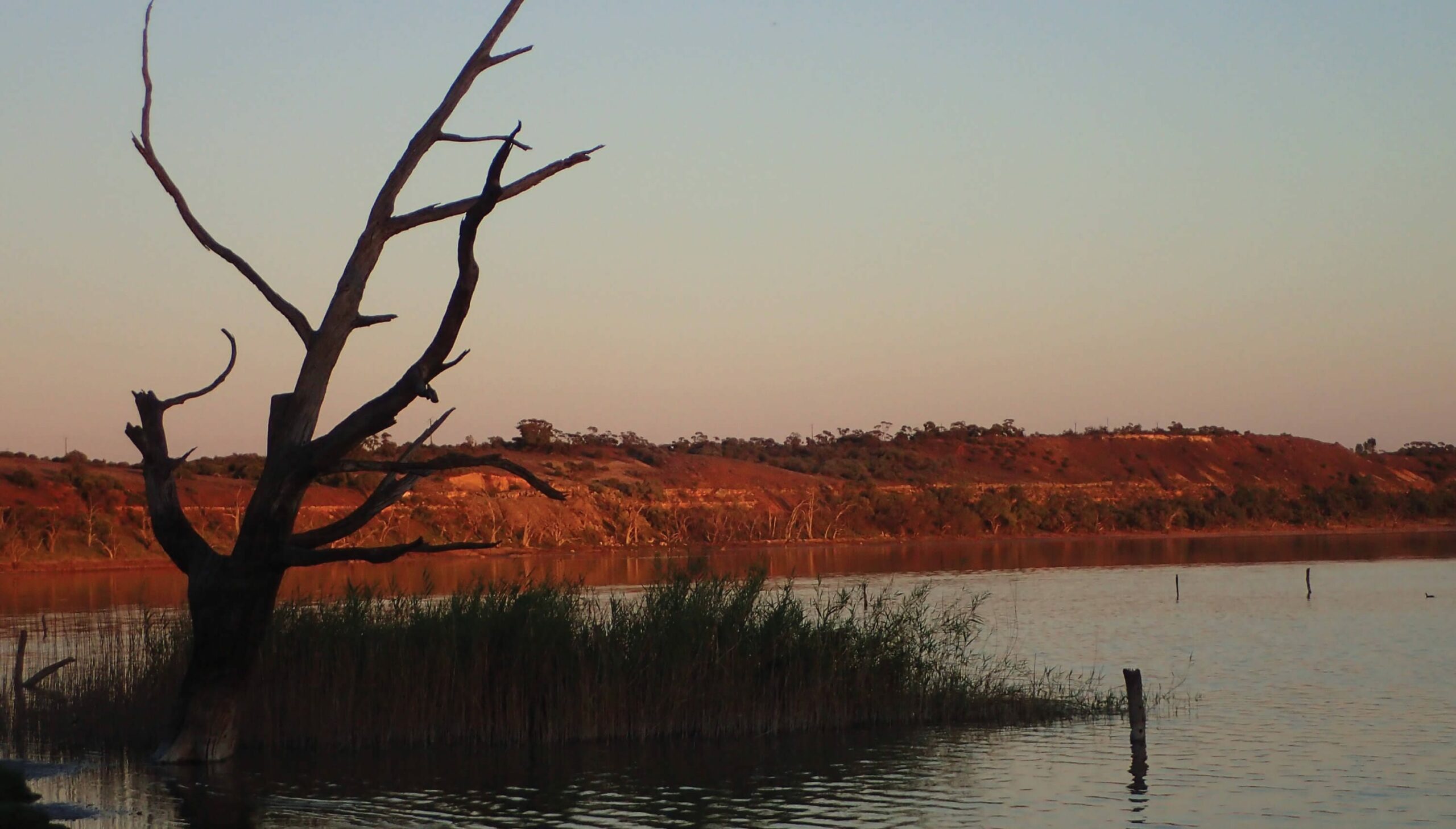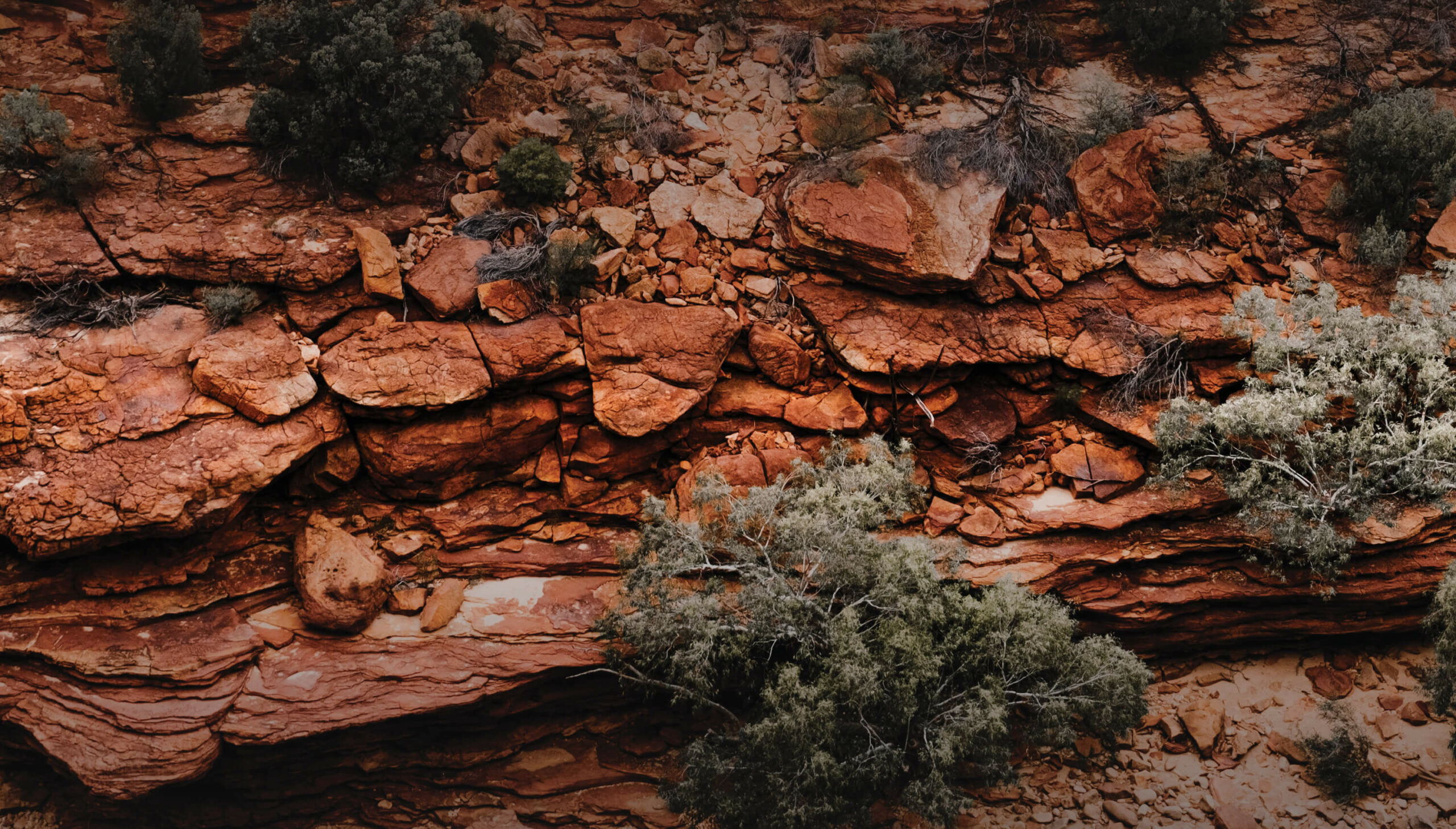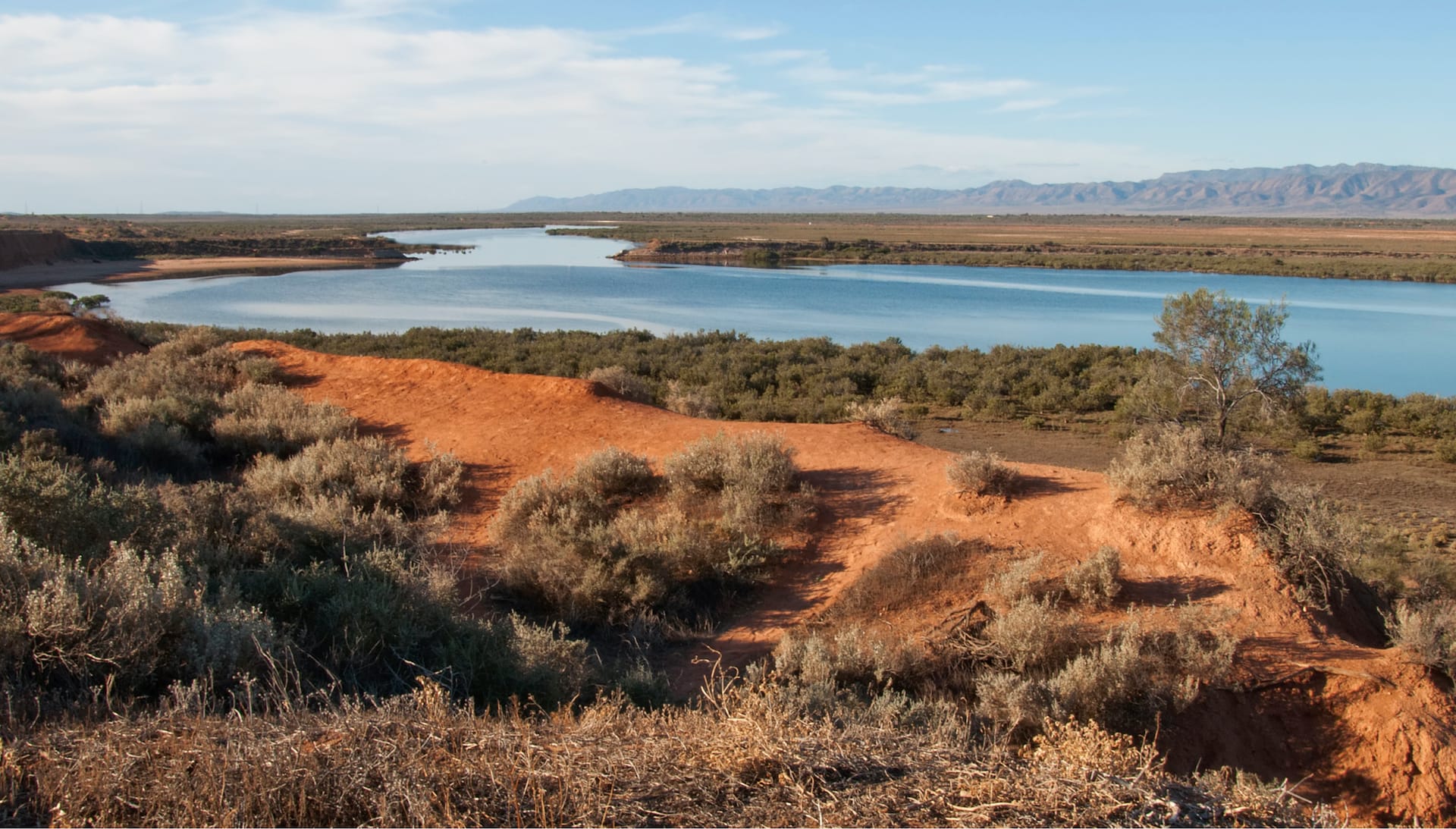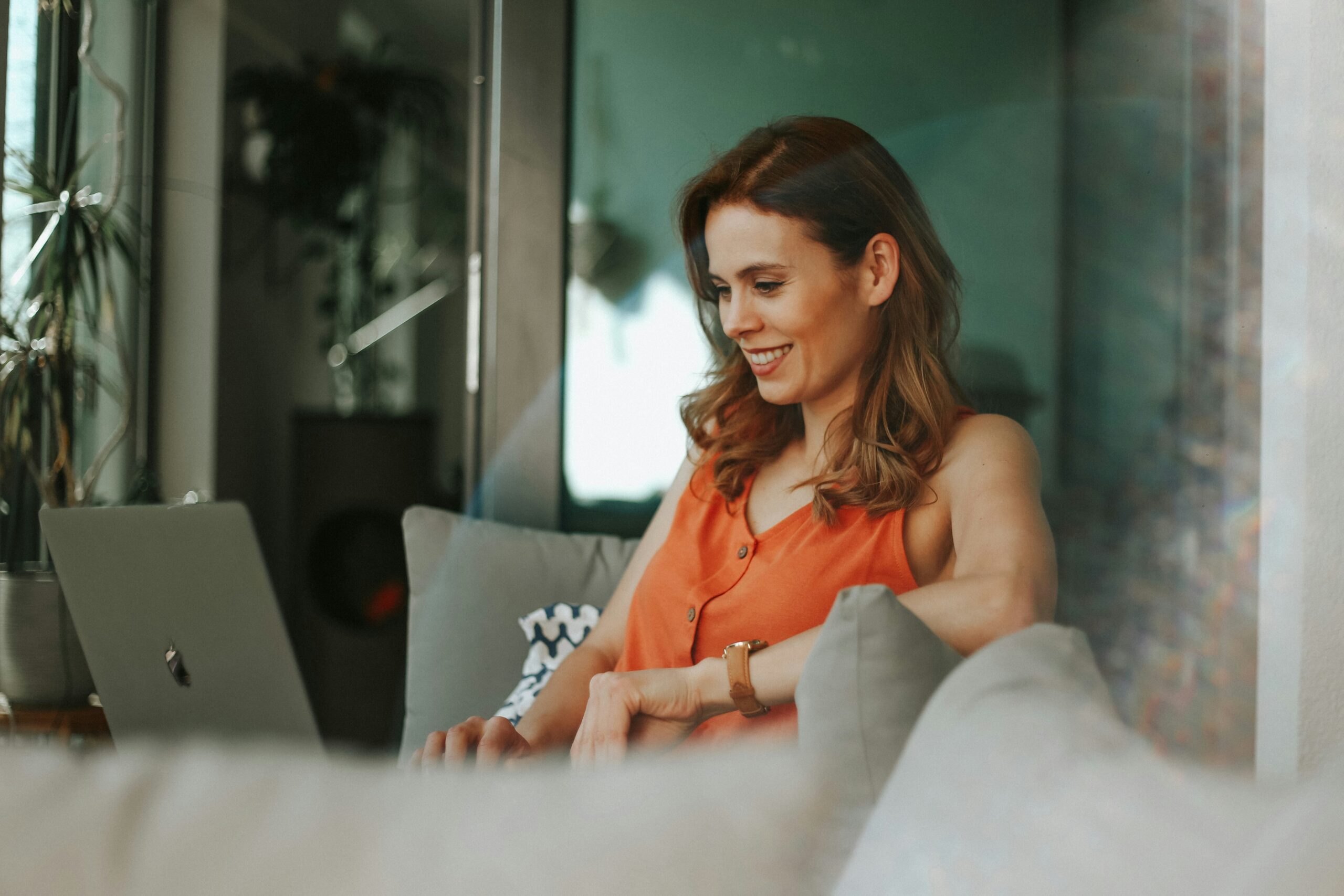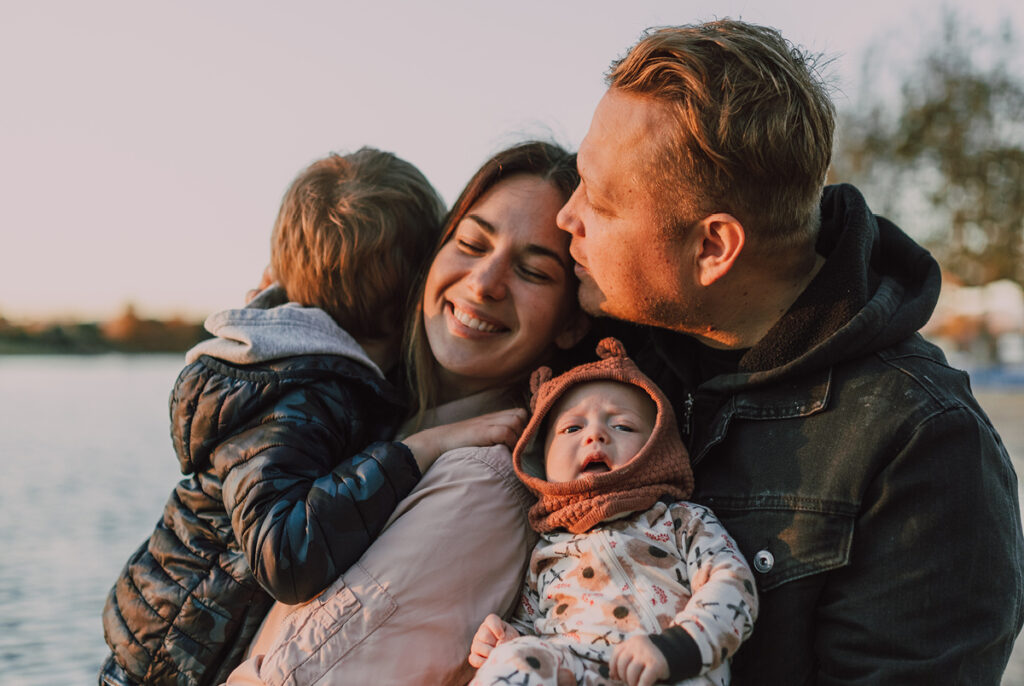Additional Risks with Video and Phone-based Appointments
Relationships Australia SA (RASA) offers appointments by video and phone. This agreement sets out important risks of doing video or phone appointments with us instead of face-to-face appointments in our offices.
Keeping appointments secure
RASA will use industry-standard devices and trusted software for appointments we make with you. We strongly recommend you receive appointments on secure hardware by consulting the eSafety Commissioner and Techsafety about your security and privacy online. We cannot guarantee the security of any service provided by a third party.
Being safe during appointments
Some clients will need to hide their location (or their family’s location) during the appointment from other people in the appointment. If this applies to you, it is essential to take the following precautions.
During the session:
- Make sure there is nothing on camera that can identify your location such as:
- Anything that shows the front of your house;
- Anything that shows an identifiable landmark on your street;
- Anything that shows where your child attends school such as a uniform or school bag;
- Documents containing your address;
- Your work uniform, ID badge or work documents;
- Photographs or monitor screens showing any of the above.
- You should do a thorough scan of your background and avoid moving around with your device during the meeting.
- Also consider if any distinctive sounds in your background could identify your location.
More general advice:
- Emailing family pictures from a smartphone to other caregivers means the GPS location of where the digital photo was taken may be embedded within the digital photo. This means that there is a way for someone else to find the location the picture was taken. Printed photos and hard copies in communication books do not have this risk.
- Hidden apps may be placed on a device (smartphone, tablet, laptop or computer) if another party has had access to it. If this is possible for you then should use a different device and not have the compromised device in the same room as the meeting. Hidden apps may hear everything that is happening in the room the device is in, hear the telephone conversation and also see whatever the user is doing on the smartphone (texts, emails, internet surfing etc.) in addition to giving the location of the phone.
Confidentiality in appointments with no recordings
Clients cannot record any meetings or appointments whatsoever by any means (such as on the device used for video or phone appointments or by another recording or listening device). Clients also cannot allow another person to record the appointment.
Any recordings made may be an offence under: 1) section 4 of the Surveillance Devices Act 2016 (SA) and can result in a fine (presently $15,000) or imprisonment (presently 3 years); and 2) section 19AA of the Criminal Law Consolidation Act 1953 (SA), the present maximum penalty being 5 years.
If you are unsure of your legal obligations and rights it is recommended that you seek independent legal advice.
Risks in using video in appointments
RASA will only use video-conference platforms that operate end-to-end encryption using the Advanced Encryption Standard (AES) such as GoToMeeting and MS Teams. However, even these platforms may have unknown security vulnerabilities. If we discover such vulnerabilities we will immediately “patch” them or switch to another platform instead. Therefore whilst highly unlikely, examples of the risks in using video in appointments include:
- Finding someone’s location by discovering their IP address (ie where your computer is connected). This risk is considered to be low and your risk may be minimised by changing IP address by rebooting your modem (which may pick up another IP address from the pool that your Service Provider has.
- Someone may ‘hack’ and overhear or record the conversation if a device has been compromised by a virus that detects activity on that device. Your risk of this may be minimised by using an up-to-date anti-virus program and operating systems.
- Incurring cost from receiving video appointments. You can minimise this risk by checking if your data plan can cover approximately 1 gb of data per hour of appointments or by using an unlimited NBN or broadband plan.
Using RASA services via video or phone shows that you acknowledge these risks but decide that the benefits are more significant. If you are unsure then please consider independent legal advice.
Join Our Newsletter
Receive the latest news and content.
